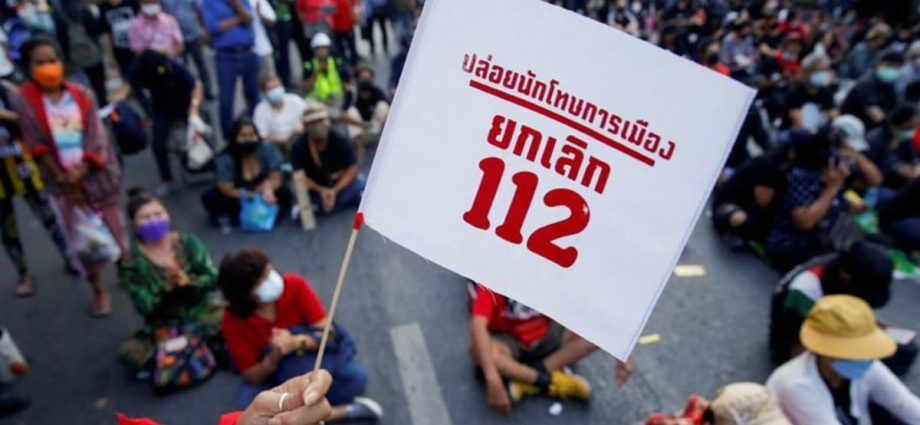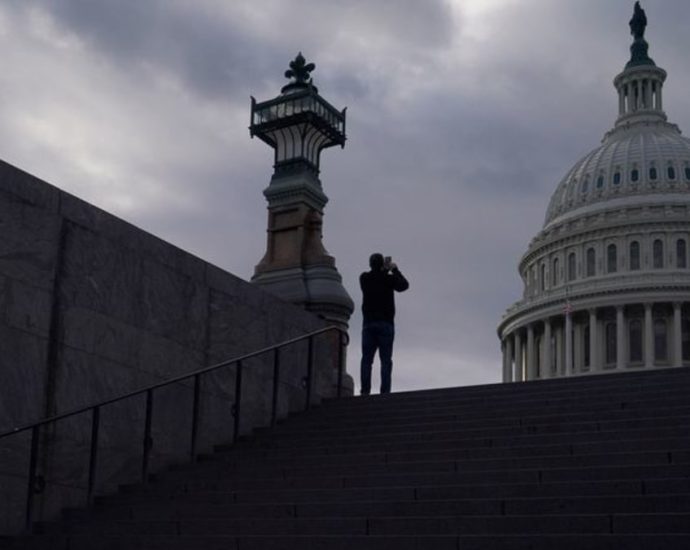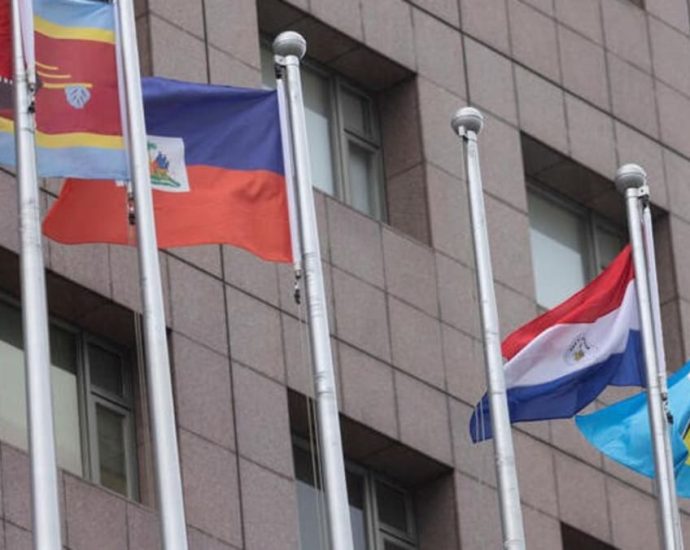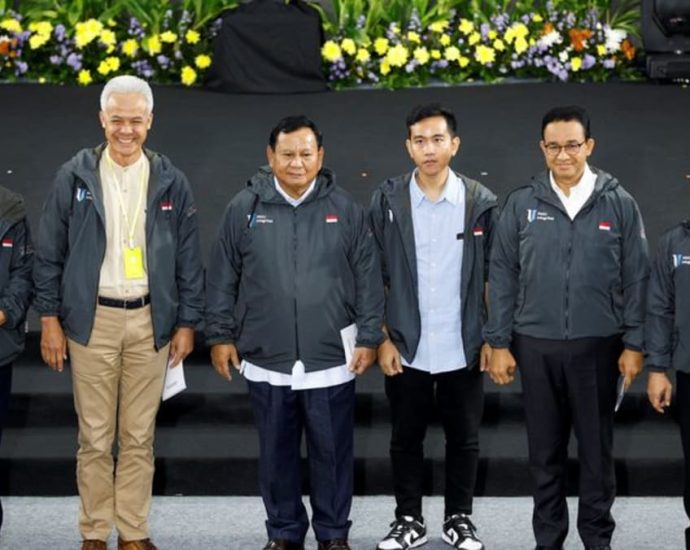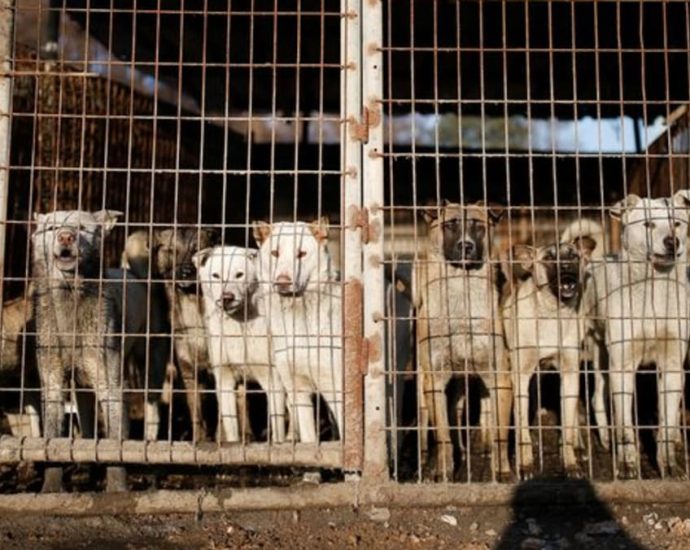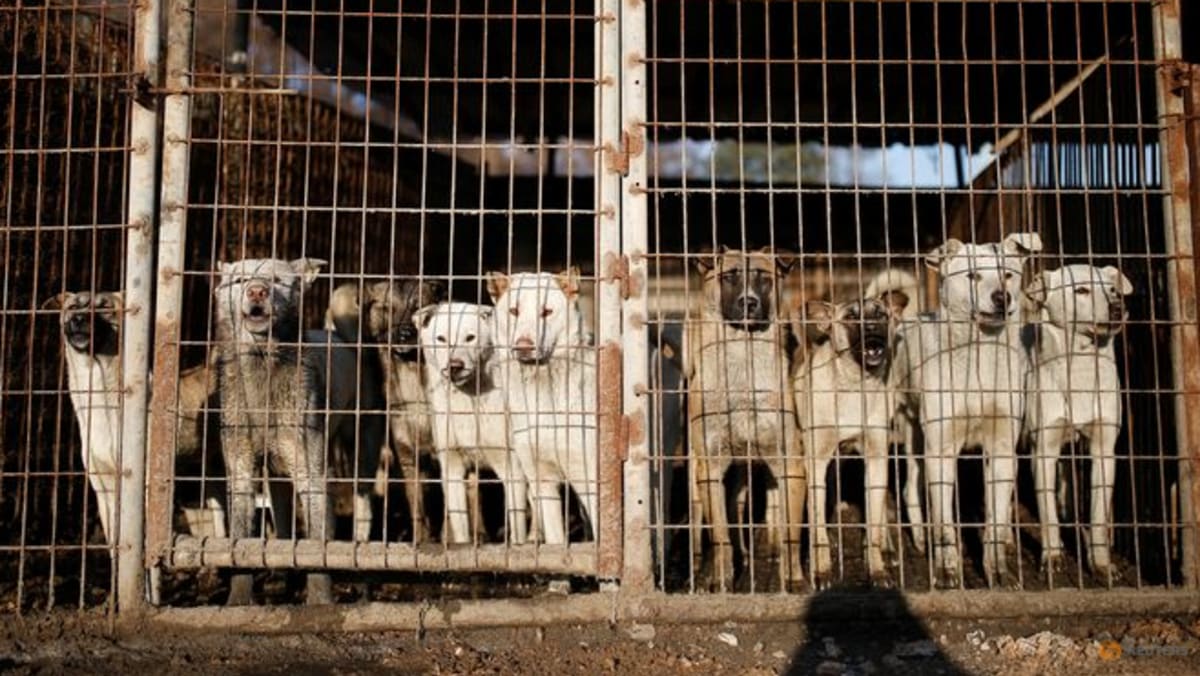Thai man jailed for record 50 years for royal insult
The lese-majeste law, which shields King Maha Vajiralongkorn and his close family from criticism, is often referred to as 112 in Thailand after the relevant section of the criminal code. TLHR said the sentence was the longest handed down for royal defamation, beating the previous record of 43 years imposedContinue Reading

